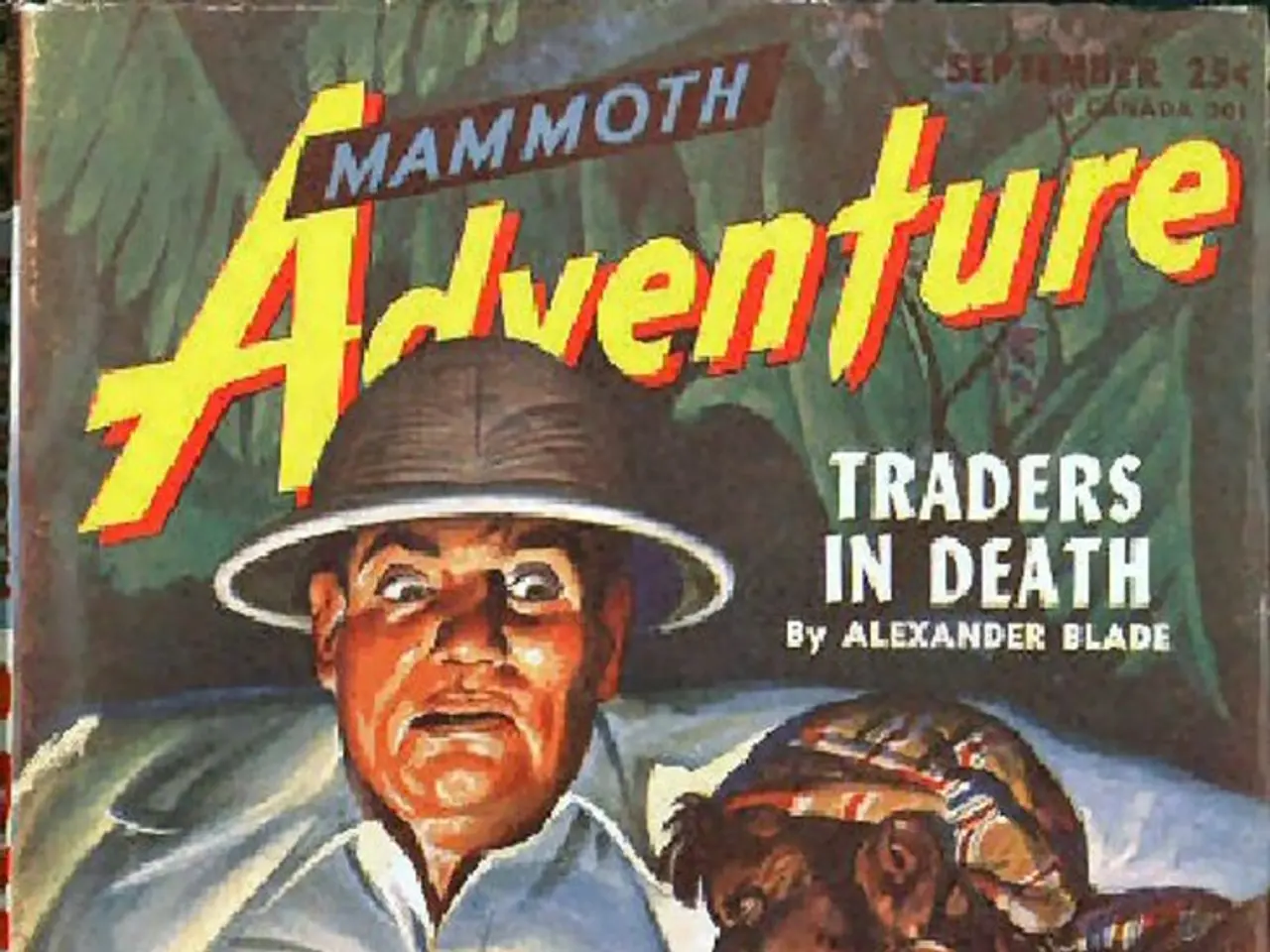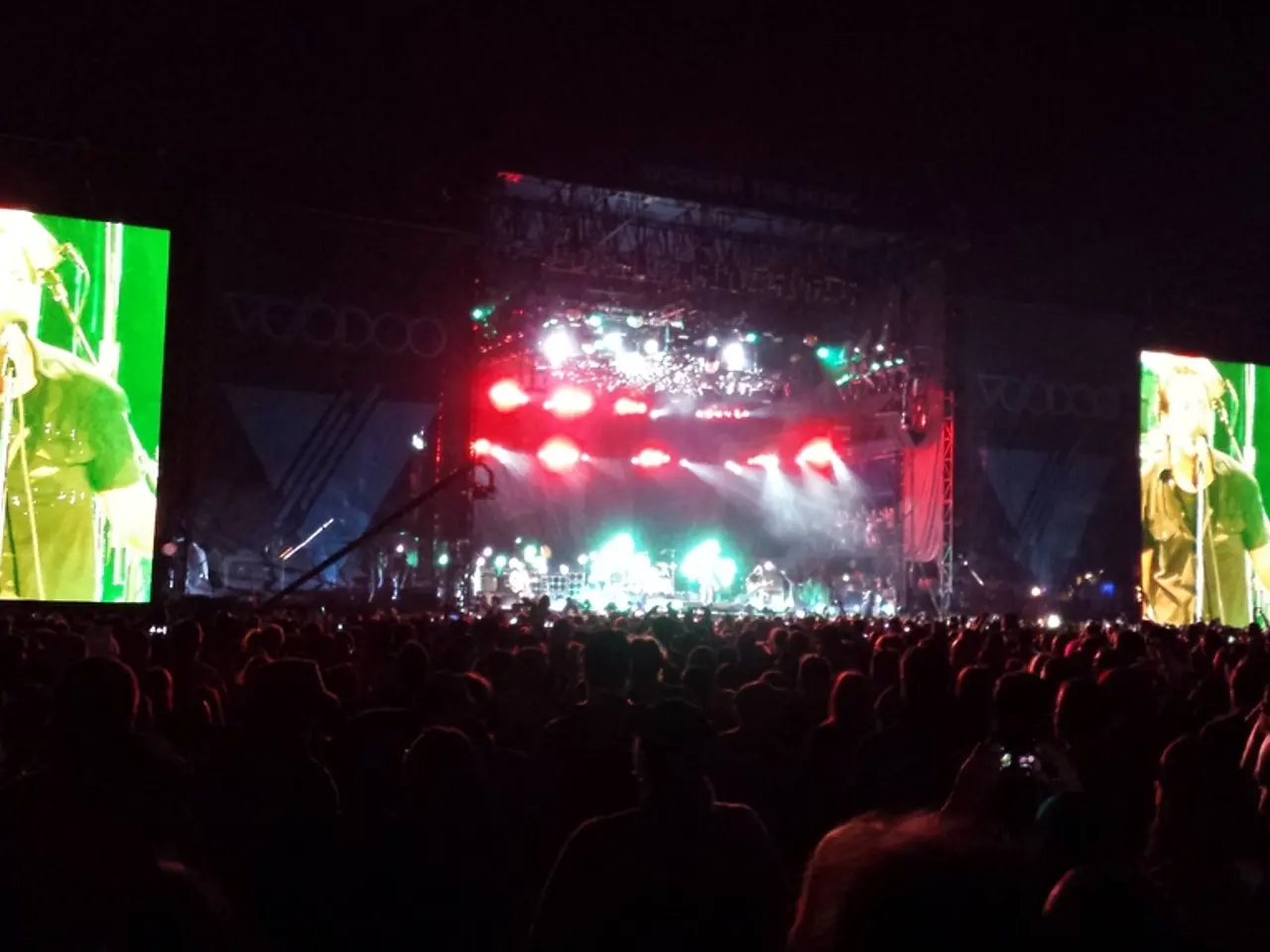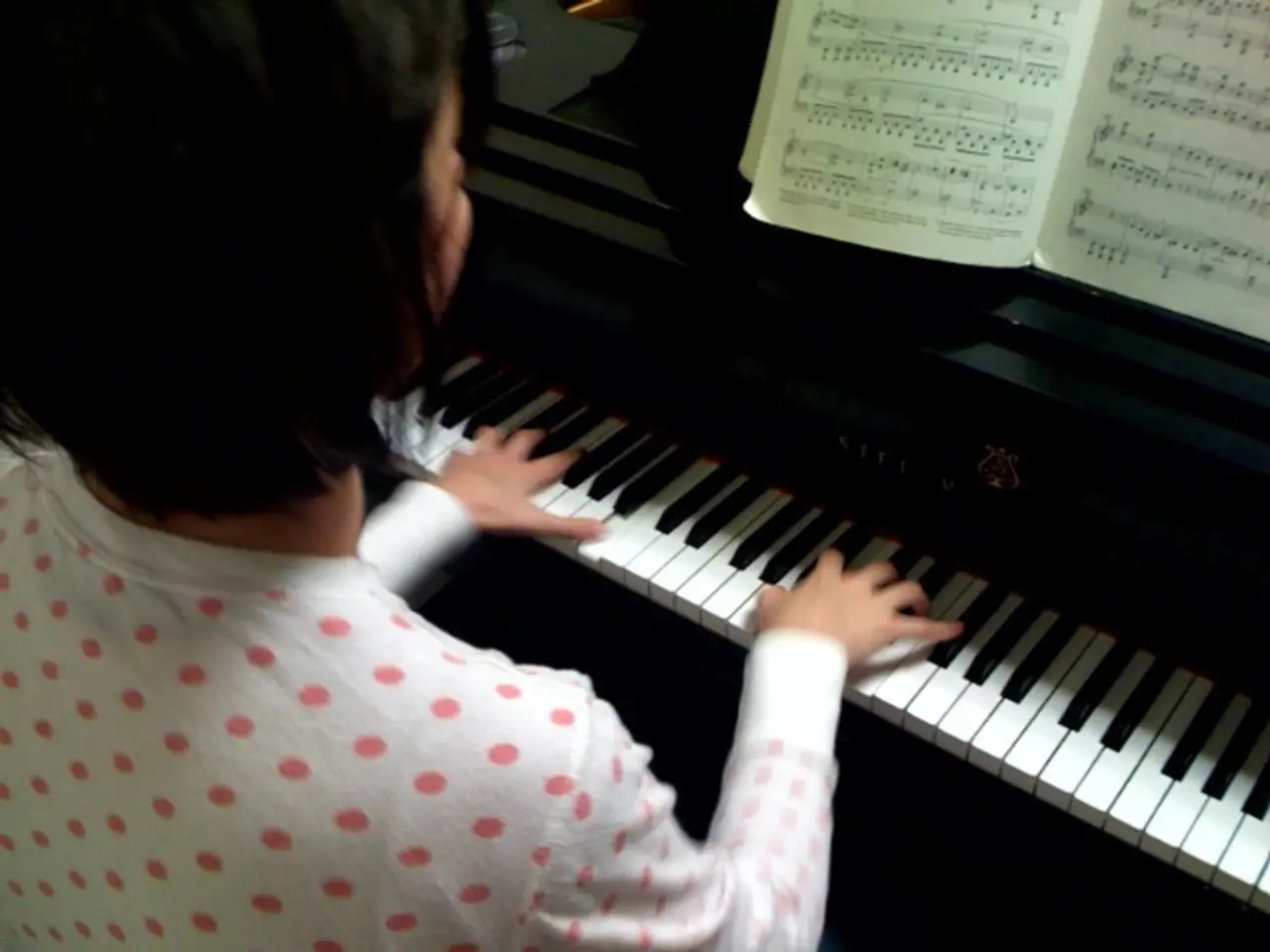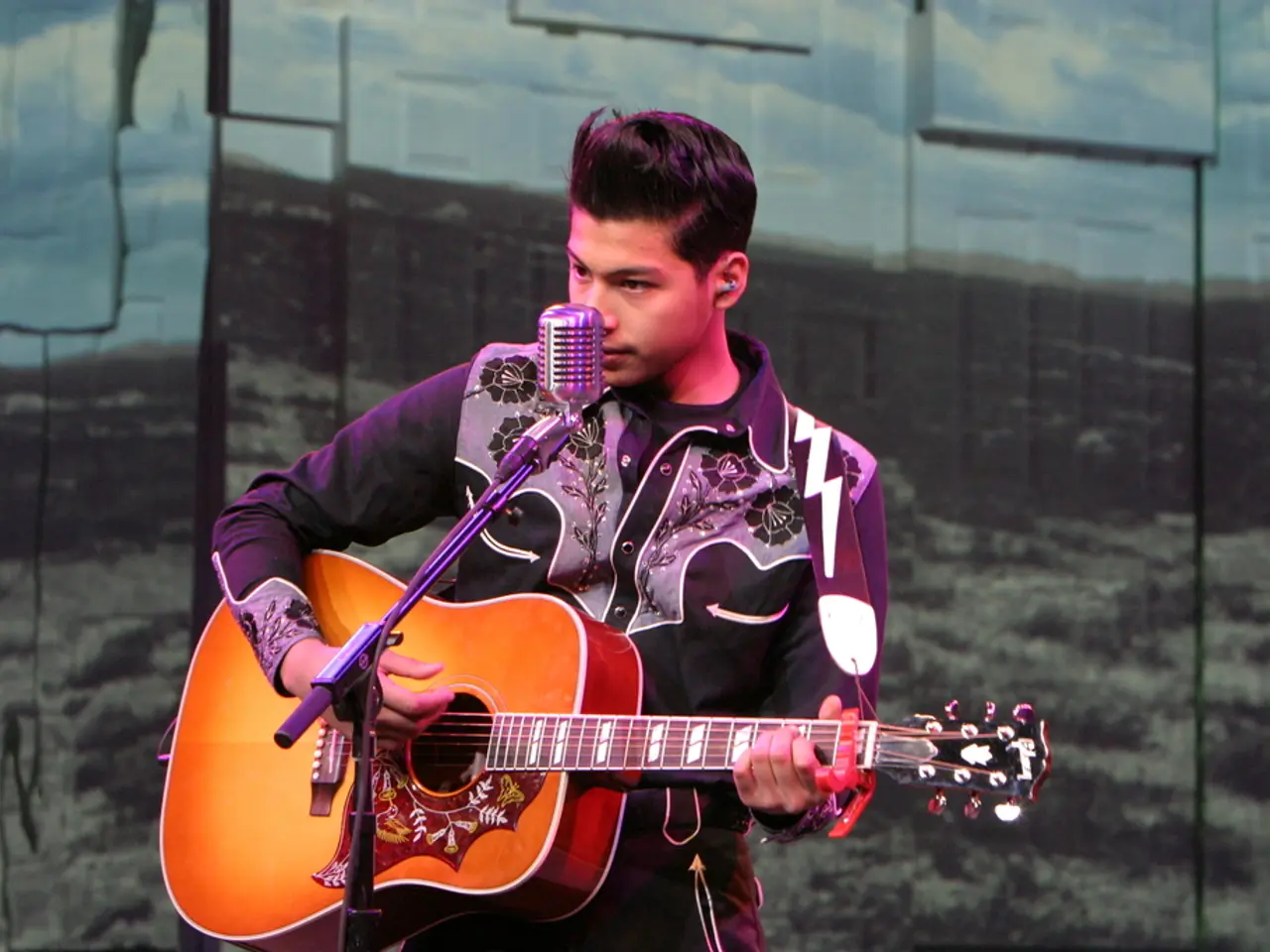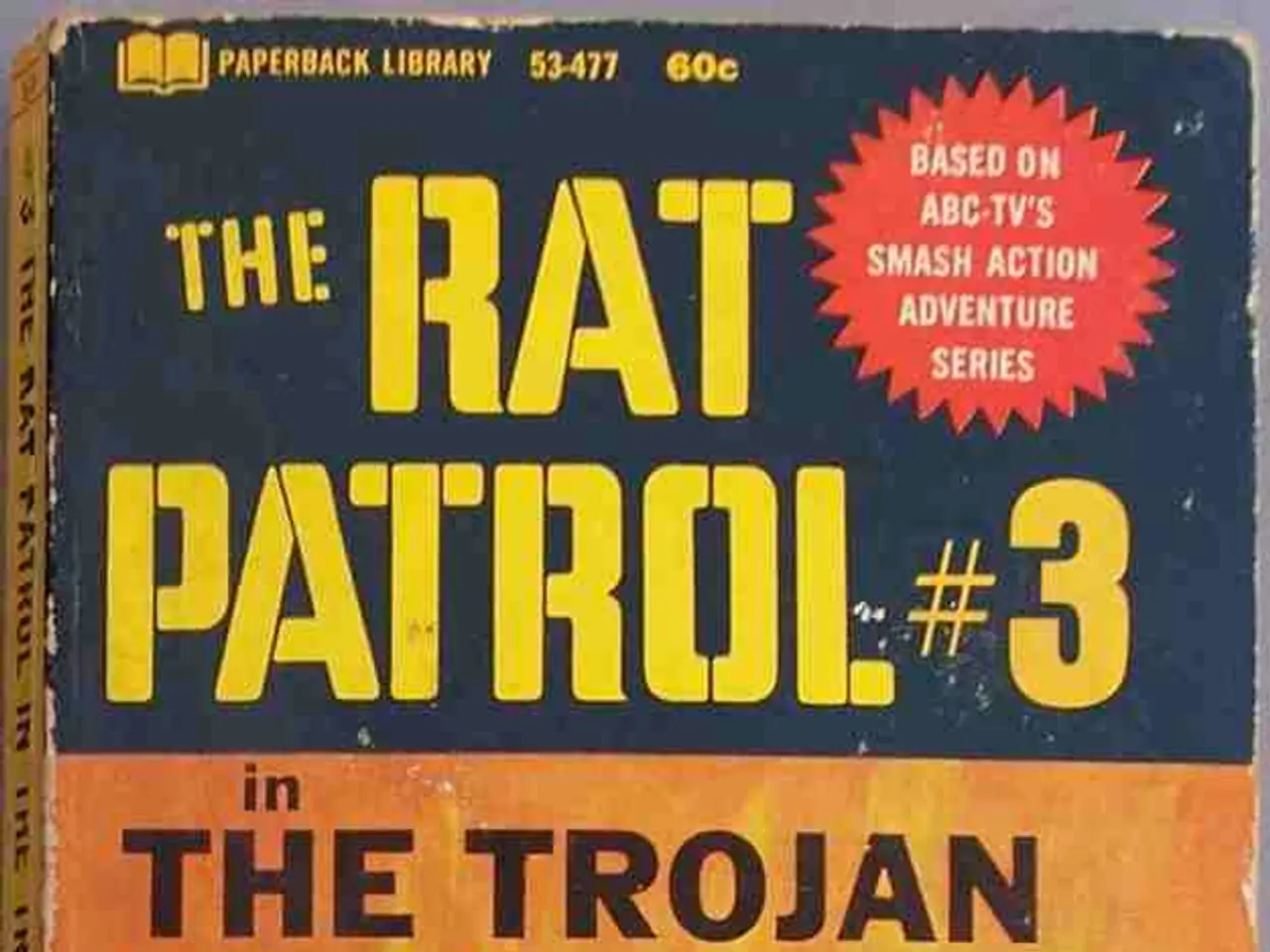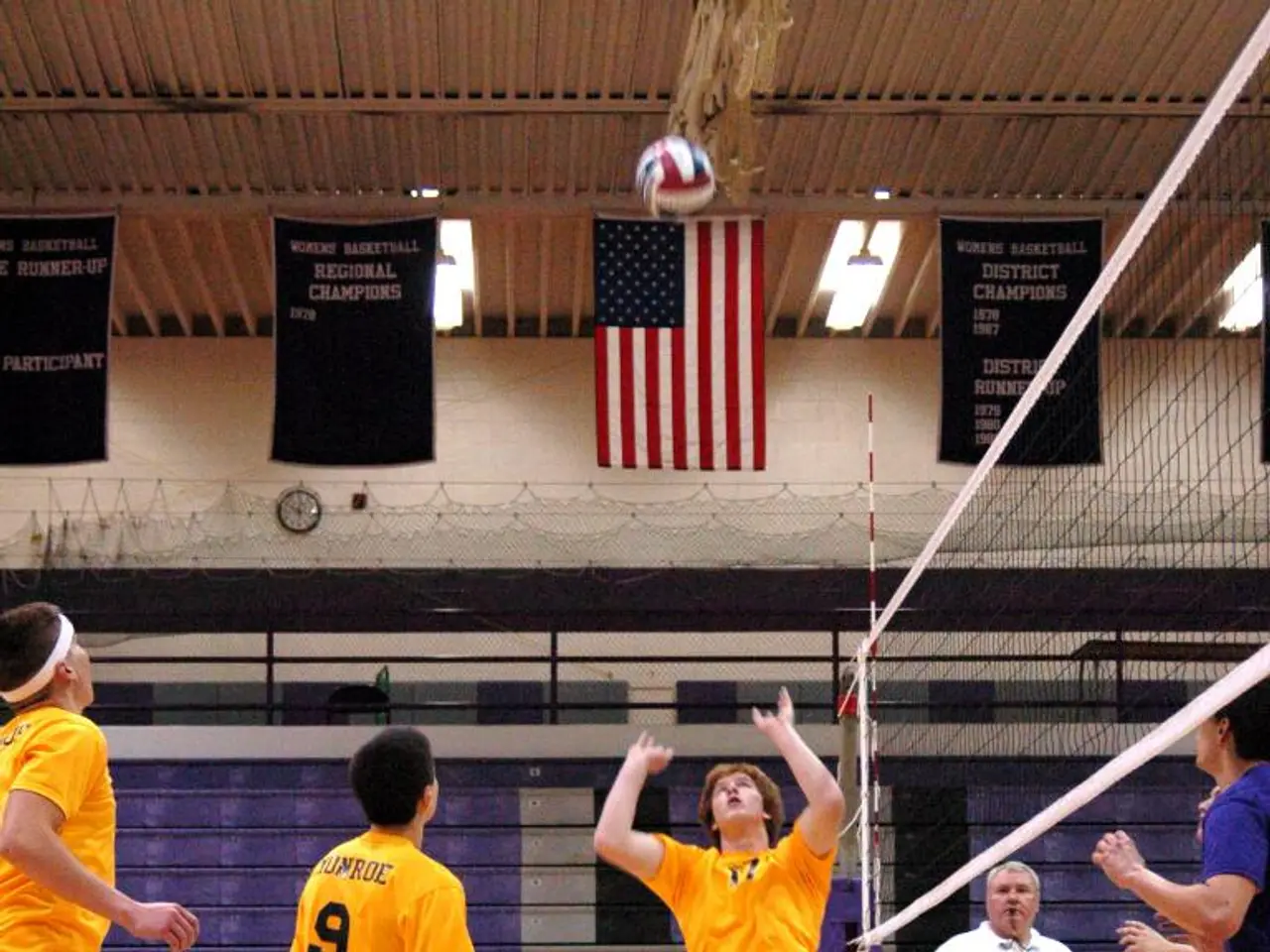The show "The Last of Us" shuns from embracing ambiguity.
The HBO adaptation of the critically acclaimed video game, The Last of Us, has generated a wave of discussion among fans and critics, with some praising its creative narrative risks and others expressing concerns about the softening of moral complexity compared to the original game.
Joel and Ellie's story in the show is expanded with additional scenes that delve into their backgrounds and character relationships, such as the episode "The Price," which explores generational trauma and the complexities of parenting as they relate to Joel’s character. This added depth adds layers to the characters, but some argue it does not necessarily maintain or enhance the game's distinct moral ambiguity.
Creators of the series have expressed a desire to "break quite a few rules" of conventional television storytelling, emphasizing the flawed nature of protagonists and villains alike. They have taken risks with story arcs and perspectives, such as shifting the focus to Abby’s point of view in the second season to provide greater context for her actions, mirroring the game's approach to showing multiple sides of the conflict.
However, some critiques note pacing issues and underdeveloped character arcs mid-season, which contribute to a dilution of the moral complexity that was more pronounced in the game. The show's creators, including Neil Druckmann, director of the game and executive producer of the HBO series, have been clarifying the moral complexities of the series, which some viewers find diminishes the intrigue of the story.
One notable difference between the game and the show is the handling of Joel's deception regarding the Fireflies' search for a cure. In the game, Ellie has this revelatory conversation with Joel years before the events of the series, while in the HBO adaptation, Ellie confirms her suspicions the night before Joel's death. This change compresses and flattens Ellie's emotional arc, which was more poignant in the game due to the long period of no contact after the lie fractures their relationship.
Another point of contention is the portrayal of characters in the HBO series. For instance, Ellie seems to have lost some of her rough edges and emotional volatility, becoming more passive and less of a driven antihero. Similarly, Dina, a character in the HBO series, is portrayed as more locked into the mission and less carefree compared to her game counterpart.
In addition, some viewers find Neil Druckmann's retroactive massaging of pivotal moments from the games unnecessary, while others see Gail, a character in the HBO series, as a narrative mouthpiece who strips the story of its depth by explaining nuanced character moments.
The HBO series' post-show segments have also drawn criticism, with some comparing them unfavourably to the hollow commentary of David Benioff and D.B. Weiss' Game of Thrones final-season breakdowns, where nuanced storytelling was replaced with forced justification.
Despite these concerns, the HBO series maintains the core themes of moral ambiguity and flawed characters present in the game. The show takes creative narrative risks to deepen character perspectives in ways that align with the game's spirit, but does not always fully capture the game's unflinching moral nuance throughout.
In conclusion, the HBO series of The Last of Us balances the need to cater to a wider audience with the preservation of the game's core themes, but occasionally softens the complexity in its narrative execution, particularly midway through the season. The show takes creative narrative risks to deepen character perspectives in ways that align with the game's spirit but does not always fully capture the game's unflinching moral nuance throughout.
- Gizmodo recently published an article discussing the HBO series adaptation of The Last of Us, noting the mixed reactions from fans and critics regarding its handling of the game's moral complexity.
- The show's creators, inspired by the game's approach to flawed characters and multiple perspectives, have taken risks with storytelling, such as shifting focus to Abby's point of view in season two.
- IO9 argues that while the series maintains the core themes of moral ambiguity, it falters mid-season, with pacing issues and underdeveloped character arcs contributing to a dilution of the intrigue found in the game.
- In pop-culture and entertainment discussions, Movies-and-TV criticizes the HBO series for occasionally softening the complexity in its narrative execution, particularly with changes to characters like Ellie and Dina compared to their game counterparts.
